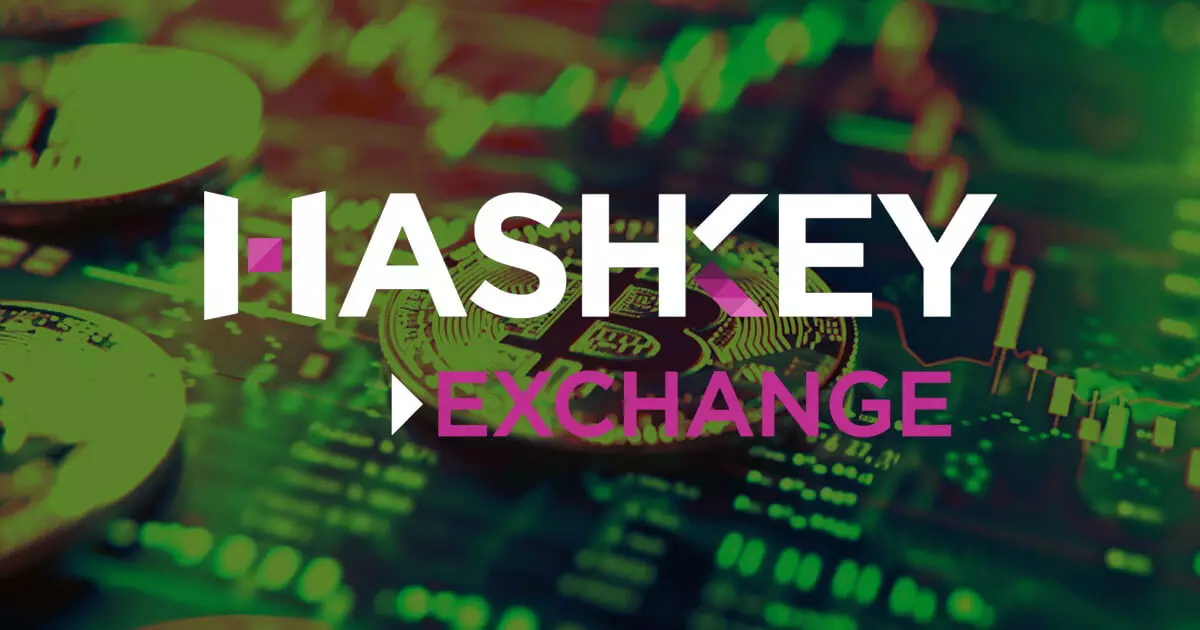Crypto exchange HashKey recently announced its decision to cease support for Binance-related transactions, causing a ripple effect in the cryptocurrency community. The Hong Kong-based trading platform revealed that it would no longer accept deposits from Binance starting on May 10 and would halt virtual asset withdrawals to Binance-hosted wallet addresses by May 17. This move, attributed to a shift in policy, marks a significant development in the relationship between the two exchanges.
The decision by HashKey to restrict transactions with Binance raises concerns among users who rely on the platform for their trading activities. By limiting deposit and withdrawal options, HashKey may prompt users to seek alternative exchanges, leading to a potential loss of clientele. Additionally, the impact on the broader cryptocurrency market cannot be overlooked, as any disruption in the operations of major exchanges can influence market sentiment and trading volumes.
HashKey’s decision to discontinue support for Binance comes at a time when regulatory scrutiny of cryptocurrency exchanges is on the rise. With governments globally implementing stricter regulations to combat money laundering and protect investors, exchanges must navigate a complex legal landscape to ensure compliance. Binance, in particular, has faced regulatory challenges in several jurisdictions, prompting a reassessment of its operational practices.
The cryptocurrency industry is known for its volatility, and the recent announcement by HashKey regarding Binance-related transactions is likely to contribute to market fluctuations. Investors and traders will closely monitor the situation to gauge the repercussions of this decision on their portfolios. Moving forward, industry participants will need to adapt to evolving regulatory requirements and market dynamics to sustain growth and foster trust among users.
HashKey’s decision to end support for Binance-related transactions underscores the complexities of the cryptocurrency ecosystem. As exchanges navigate regulatory challenges and competitive pressures, users must stay informed about changes that may impact their trading activities. While the full ramifications of this announcement are yet to be seen, it serves as a reminder of the ever-changing nature of the cryptocurrency market and the importance of compliance and due diligence in this rapidly evolving industry.

